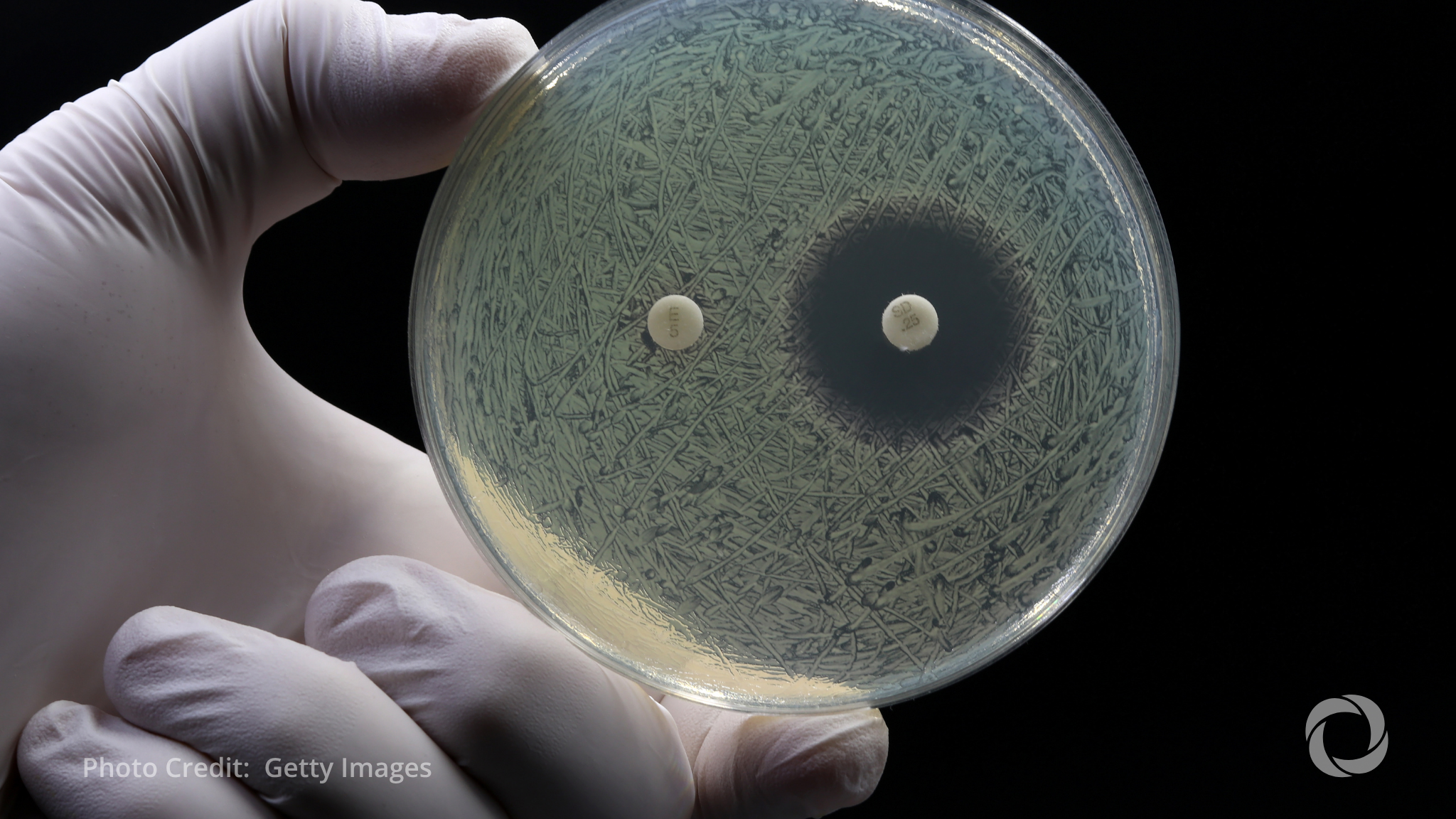Antimicrobial resistance (AMR) is picking up speed and putting lives at risk everywhere, according to the World Health Organization (WHO) and its partners. Once-dependable antibiotics are failing more often, and the world is seeing infections grow harder to treat. AMR already claims more than a million lives each year, and unless we step up, that number is set to rise. As World AMR Awareness Week runs from November 18 to 24, organizers are asking countries to turn promises into real actions and keep vital medicines working.
This year’s campaign, “Act Now: Protect Our Present, Secure Our Future,” comes on the heels of high-level political pledges made at the UN in 2024. The push is not just about talking—it’s about building stronger systems to track resistance, making medicines and tests more accessible, supporting innovation, and bolstering health and food systems. Dr. Yvan Hutin, WHO’s AMR Director, points out that drug-resistant diseases show up everywhere, and those with less access to good care pay the steepest price. “World AMR Awareness Week reminds us that protecting antimicrobials is a shared responsibility. We must act now to safeguard these life-saving medicines for ourselves and for future generations,” he says.
So, what is AMR? It happens when common germs—bacteria, viruses, fungi, parasites—stop responding to the medicines meant to fight them. When antibiotics and other treatments lose their punch, infections become tougher, sometimes impossible, to beat, and health risks soar.
It’s not a problem that respects borders or silos. Policymakers, health workers, veterinarians, farmers, environmental experts, researchers, and communities all play a role. Whether it’s a hospital getting serious about antimicrobial stewardship or a farmer managing waste more responsibly, every step matters. The yearly campaign urges everyone to raise awareness, push for real solutions, and build action off previous commitments from world health summits.
During World AMR Awareness Week, governments, civil society groups, and health teams are invited to run their own local drives. The WHO, along with FAO, UNEP, and WOAH, share materials and advice on their campaign sites and at events, helping people everywhere join the fight. By working together, we can keep medicines effective and build a safer, healthier future for all.

